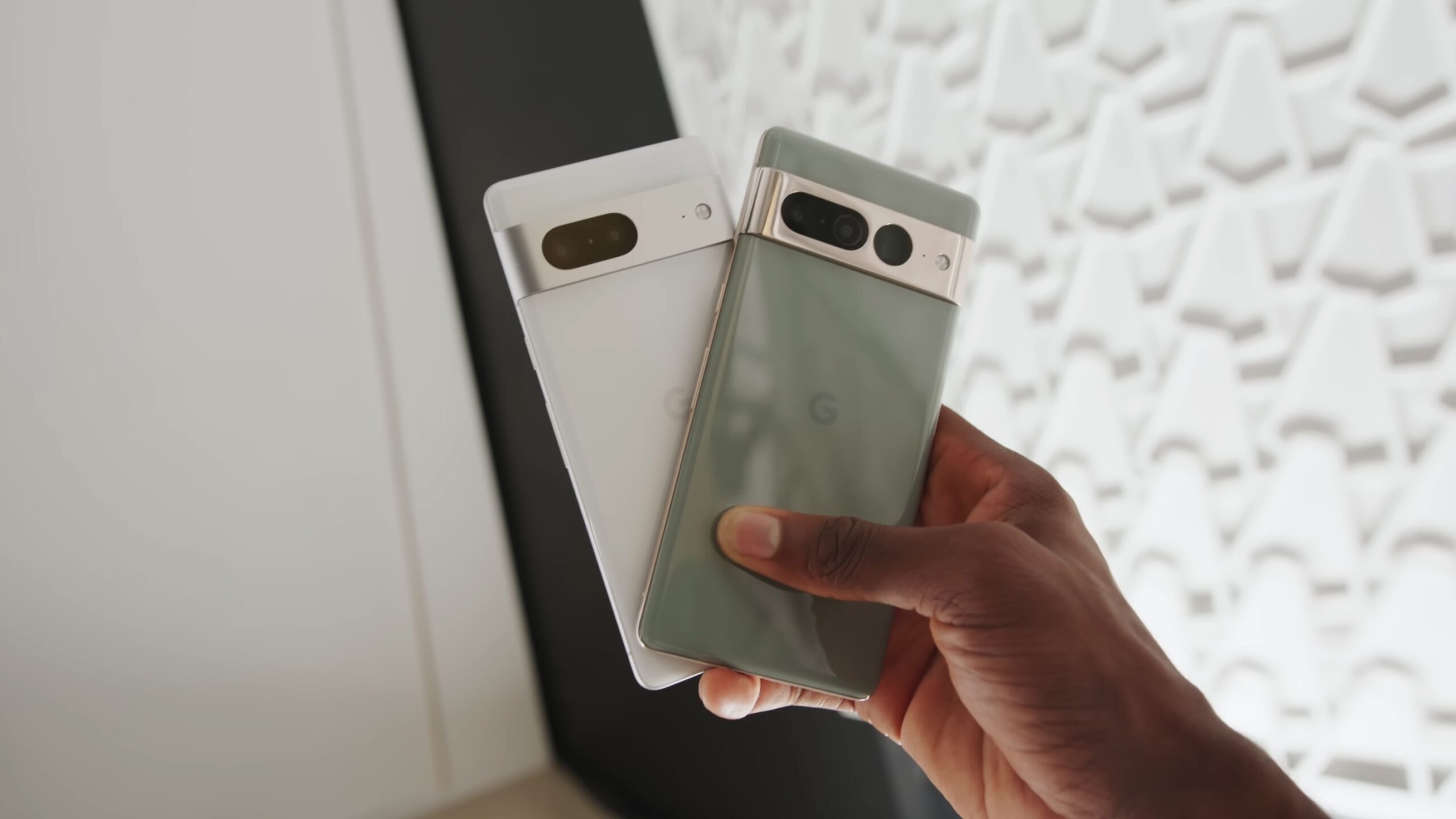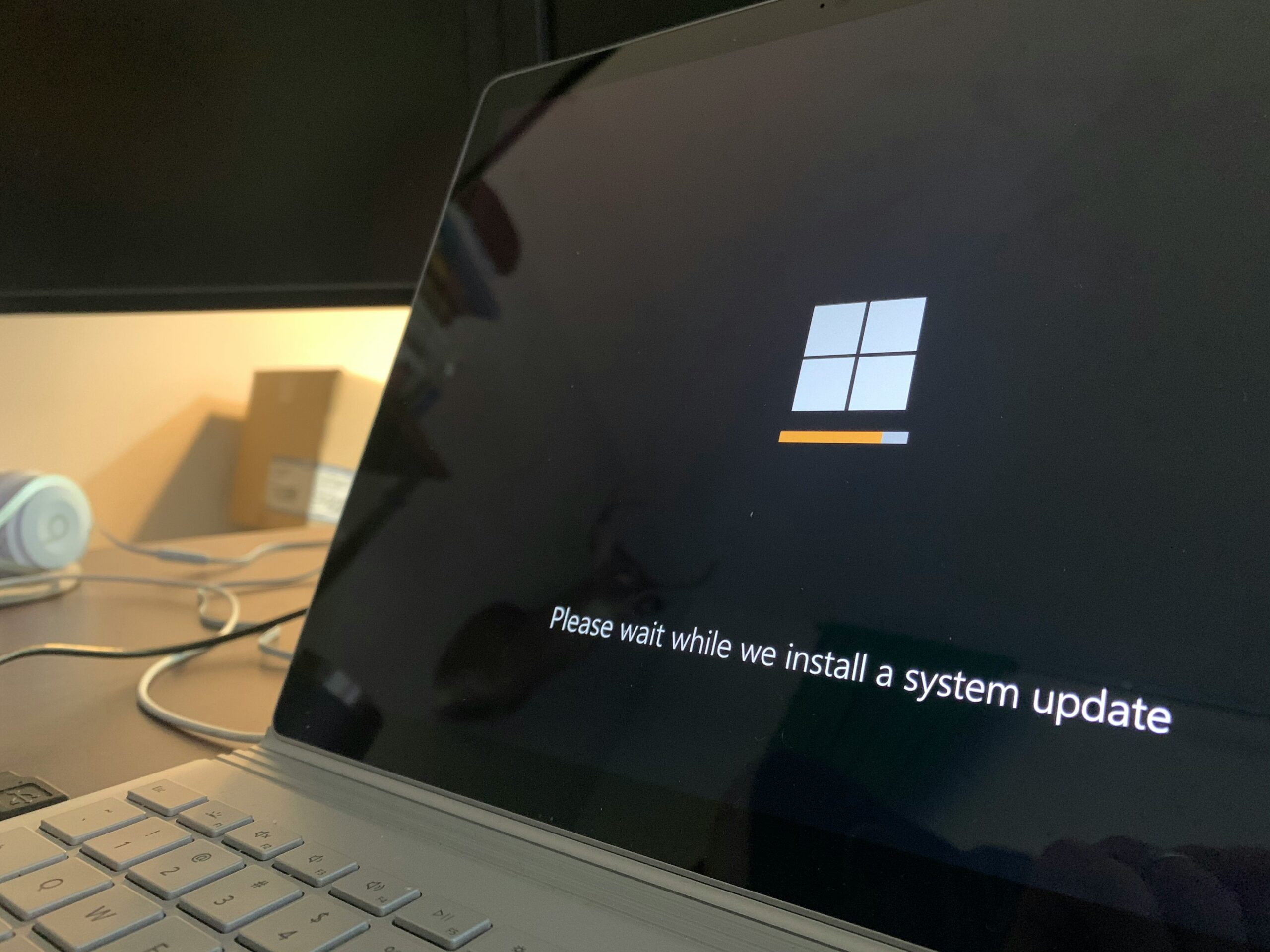Google’s Big Privacy Play With the Pixel 7
Last week, Google unveiled its latest two smartphones: the Pixel 7 and Pixel 7 Pro. These devices offer some modest upgrades over last year’s Pixel 6 and Pixel 6 Pro, including upgraded Tensor processors and improved cameras. But with these new Pixel phones, Google is also trying to improve its reputation when it comes to privacy. For anyone with an

Last week, Google unveiled its latest two smartphones: the Pixel 7 and Pixel 7 Pro. These devices offer some modest upgrades over last year’s Pixel 6 and Pixel 6 Pro, including upgraded Tensor processors and improved cameras. But with these new Pixel phones, Google is also trying to improve its reputation when it comes to privacy.
For anyone with an iPhone, you probably take face unlock for granted. After all, for the past five years, Apple has included Face ID on almost every new iPhone. It’s not only a convenient way to unlock your smartphone, it’s also secure. According to Apple, Face ID has a one-in-a-million failure rate, compared to Touch ID’s one-in-fifty-thousand.
With the Pixel 7 and 7 Pro, Google is introducing a similar face unlock system for opening your smartphone. It’s the first time the feature is being offered on the Pixel line, bringing with it the security and convenience many smartphone owners have come to expect. Unfortunately, it isn’t perfect. Google is comfortable employing Face Unlock for unlocking your Pixel, but not for much else. You won’t be able to use it as your authentication method for payments, for example, as you still rely on the fingerprint scanner during transactions. Still, it’s a good first step.
The other side of the coin, though, is Google’s VPN approach. The company is offering all Pixel 7 and Pixel 7 Pro users access to its VPN for free. That’s big, since the VPN is normally tied to the $10 per month Google One service. Anyone who buys a new Pixel will enjoy the privacy of Google’s VPN services for no extra charge, save for some minor restrictions.
Taken together, it’s clear Google is trying to woo some customers who don’t associate the company with “privacy.”
Cover photo by Marques Brownlee/YouTube
Share This



